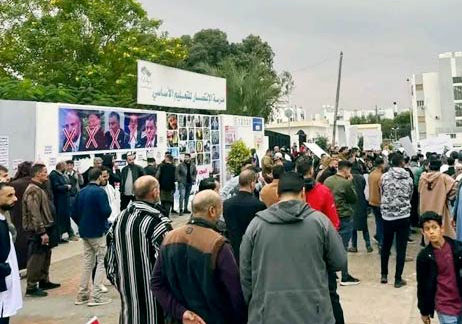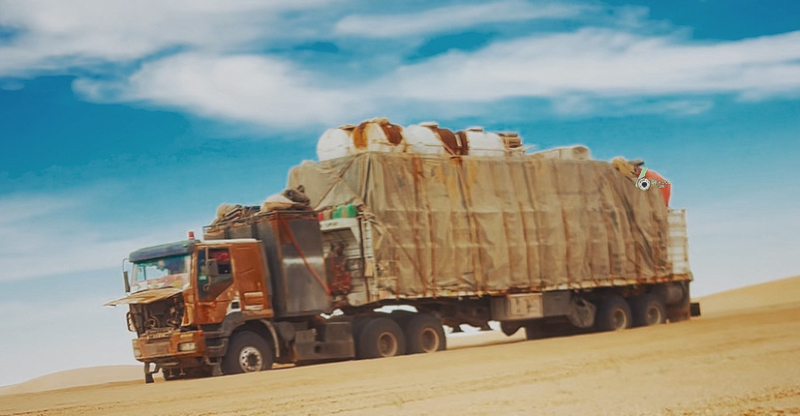
Map of traditionnal provinces of Libya (c) Wikipedia Commons, cc by 3.0
One of the more worrying stories from the Sahara during 2015 was the increasing conflict between the Tuareg and Tebu tribes of Libya’s Fezzan. Sahara Focus first reported on the conflict in February 2015, with subsequent reports in April and August that year.
Then, the December 2015 issue reported on the return of Ali Kana, a former general in the Muammar Qadhafi regime, and specifically on his attempts to mediate between warring parties.
Ali Kana (or Kanna), who is something of a maverick, has a long and chequered history in the Fezzan and surrounding regions (see Sahara Focus, October 2014). His latest activities, highlighted by Paris Match (22.05.16), appear to have had some success, partially confirmed by sources in the region, in resolving the Tuareg–Tebu conflict. His strategy – aided by the work of Promediation, a French NGO specialising in conflict prevention, and probably with the backing of French authorities – has been to encourage both Tuareg and Tebu fighters to abandon their local militias and form a national army of the South. During May, Ali Kana visited most villages and settlements in the Ubari region and beyond, addressing villagers on a loudspeaker. He told young men that if they do not wish to join the national army, they should in any case leave their militias.
Although reports of Kana’s efforts come primarily from Tuareg communities in the Ubari region, Tebu sources also say that they expect concrete results within the next few weeks.
With no effective regional state power for at least five years, let alone anything resembling a national army or security force, the Fezzan region has fallen into near anarchy, controlled by tribal militias and described by many analysts as full of ‘terrorist nests’.
While it seems that the Tuareg and Tebu may at last be prepared to resolve their conflict and join forces, however, it is not at all clear how a new force, assuming it materialises, will fit in with or relate to the new unity government in the north – or whether such unification of the Fezzan is a step towards federalism.
Kana himself seems to be denying the latter, but if he is successful it will certainly enable the Fezzan to command a greater degree of regional autonomy within a new Libya.
Resolution of the conflict would certainly be welcomed by oil companies, which have seen production from the oil fields in the Murzuq basin constantly threatened and halted by intertribal conflicts. Western powers and neighbouring Algeria would also embrace the development, having seen this part of Libya as not only a haven for terrorist groups but also the potential instigator of wider ethnic conflict in the Sahel.
For more on the above, and other Sahara and Libyan news, you can purchase individual editions of this publication on our online shop.



